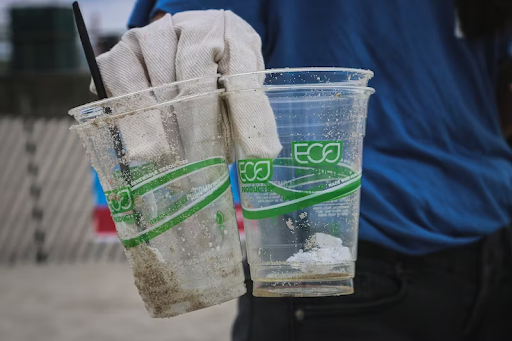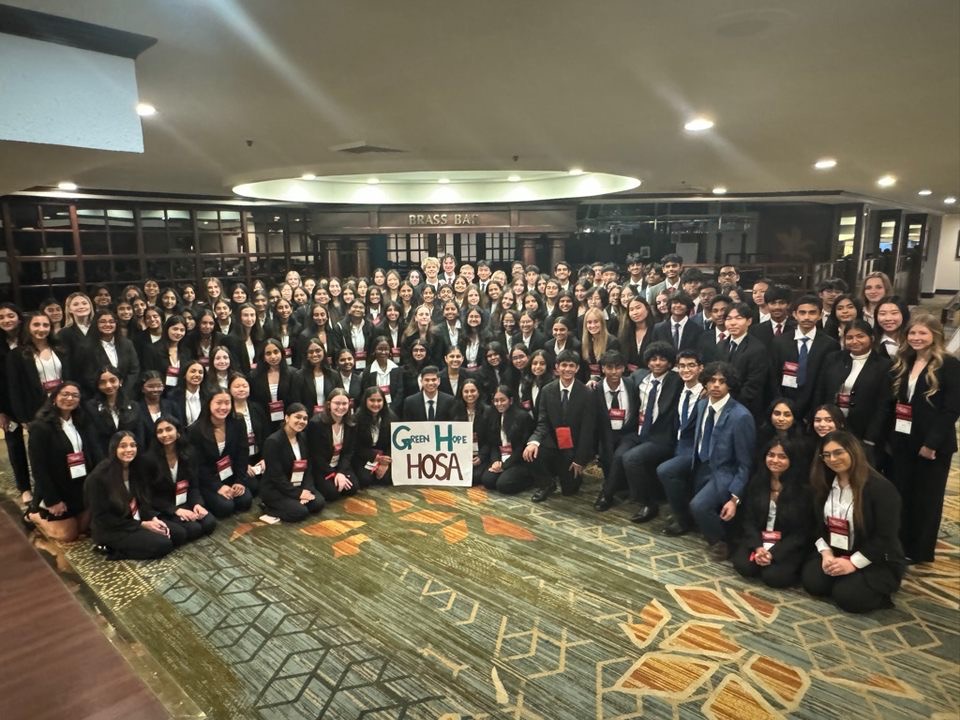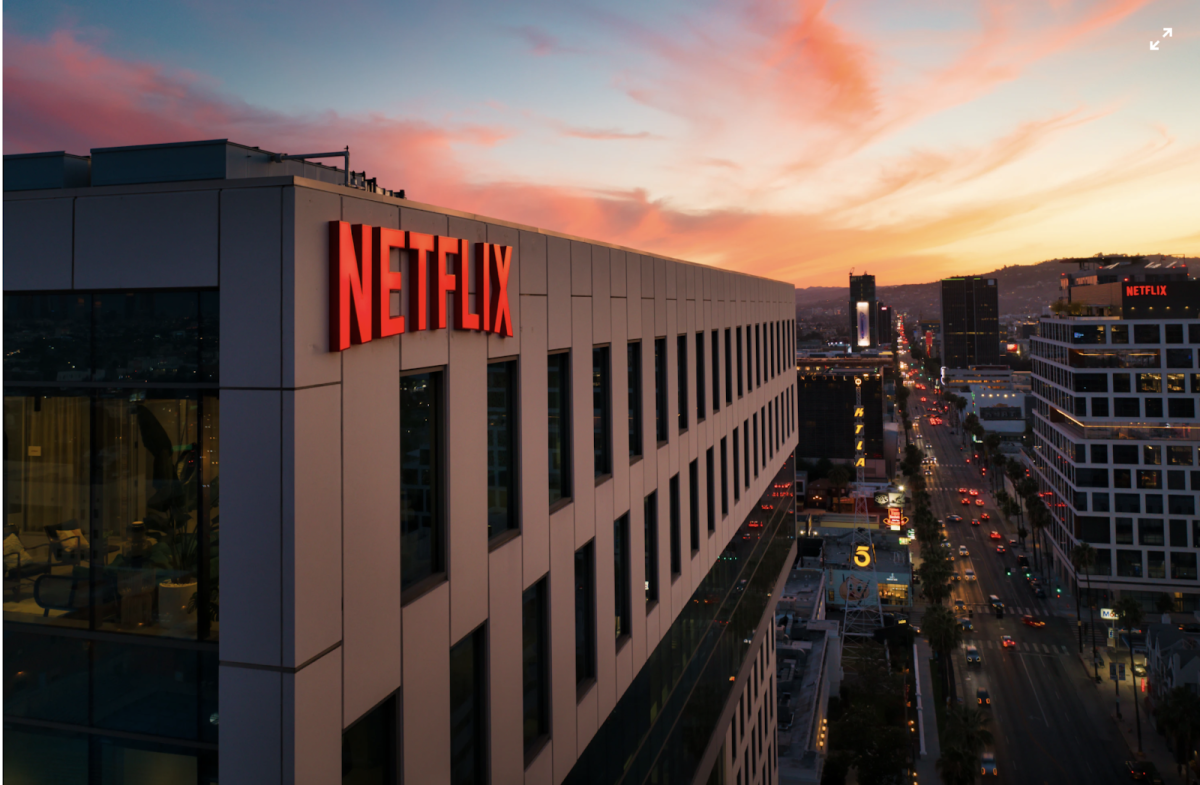Eco-friendly products and initiatives may not be environmentally friendly at all

Greenwashing can mislead consumers into believing that their products are environmentally friendly, even when they might not be.
April 19, 2023
The term “Greenwashing” is constantly used in news, articles, speeches and more. Most can infer it has something to do with climate change, but what does it really mean?
Majority of the world’s largest companies frequently share claims and advertisements that support their commitment to sustainability and being “green.” A large amount of these can be either false or heavily fabricated. This is called greenwashing. Companies deliberately make misleading statements to enhance their public image in front of an increasingly environmentally conscious society, and it has been shown to be incredibly effective.
Behavioral Insights Team, a consulting firm based in Britain, carried out an experiment in Australia to study how impressionable humans are to greenwashing. 2700 subjects were shown three different types of ads, each featuring a different fictitious company.
The first advertisement displayed a woman in a blazer standing in front of a skyscraper. The advertisement stated, “Our offices are green.” The advertisement did not offer any information beyond that. There was no specifying how the company itself was interacting with the environment.
The second advertisement also showed a woman in corporate attire, as well as three dangling light bulbs. The advertisement asked the viewer, “How can you save energy?,” and offered a carbon footprint calculator. The advertisement did not say anything about the company, but instead, put the question of energy savings on the viewer instead of itself.
The last advertisement solely made a claim about creating jobs and did not mention anything about the environment at all.
57% of the subjects said that the first two advertisements had companies with stronger “green credentials” than the third. Not a single company made a claim about their own interactions with the environment.
Hania Khan, an Environmental Studies student at Cornell, spoke on how greenwashing affects humans.
“Brands and corporations realize that people are becoming way more environmentally conscious than they were before. They want to be supporting a company that looks to be environmentally friendly. It’s kind of like you’re walking down a street and you see two coffee shops. One of them says that they are “green.” The other does not. Most people would want to go to the one that claims it’s green,” said Khan.
Not only is it successful, but it also discredits genuine efforts to combat climate change. Studies show that the people most affected by greenwashing are those who care about climate change the most.
Climate change is becoming one of the most pressing issues of this generation. Politicians make it a major part of their campaigns in order to gain votes and support from the general public.
Many people want to support a person or company that seems to be dedicated to our environment, but how often do people actually see the effects of these claims? One can walk into any store and see products labeled “clean,” “biodegradable” and “climate-friendly” with almost zero to no information to back it up.
In 2015, one of the largest coffee pod competitors, Nespresso, claimed that all of their single-use coffee pods were recyclable. Similarly, Keurig, another coffee company, told customers they could recycle their coffee pods with their regular recycling. Shares of both Keurig and Nestle, the owner of the company, went up.
The companies both gained a better social image and were also pocketing more money. However, what they failed to mention was that the coffee pods have to be recycled in a certain way, requiring specialized centers and non-standard equipment.
Keurig eventually got sued for its false advertisement and changed the wording of its ad. Nespresso started a recycling program that required consumers to bring back the used pods to a Nespresso dealer.
There are endless examples of corporate greenwashing. Many popular stores and brands participate in it. Starbucks devoted itself to being more climate-conscious by getting rid of a sizable portion of their plastic straws and instead introducing a plastic lid to sip out of. The new lid actually has more plastic than the original lid and straw combo. It may seem to be an indifferent difference, yet Starbucks produces four million cups of coffee per day.
Climate change isn’t a future issue. It’s a present issue. Iman Rabib, a college student in Karachi, Pakistan, spoke on how the changing climate affected her and other people in Pakistan.
“There were six months of devastating floods in Pakistan last year. I knew so many people whose homes were completely demolished. I know people who died. A lot of the areas that were affected weren’t completely developed. These people did not have the same resources as a lot of people in developed countries do. Climate change is literally killing us in the present,” said Rabib.
The floods, caused by unusual monsoon rains and melting glaciers from the northern province of Pakistan, killed almost two thousand people.
“Many people feel that it is extremely insensitive and greedy of companies to capitalize on issues that are seriously affecting people on a daily,” said Khan.
These floods were not the fault of companies that participate in greenwashing, such as Nespresso and Starbucks. But what many may not realize is that greenwashing actively makes it harder for climate activists and climate change organizations to effectively help better the planet.
Although greenwashing is a challenging problem to tackle, governments are taking action to prevent it. The United States Securities and Exchange Commission has taken measures to crack down on corporate greenwashing.
A rule proposed in April 2022 would require companies to include certain climate-related information in their registration statements, reports and financial statements. The SEC has already begun to charge companies with being guilty of misleading information and having misleading claims.






















































Not Noreen • Apr 26, 2023 at 9:50 am
Nicely done, Amna!